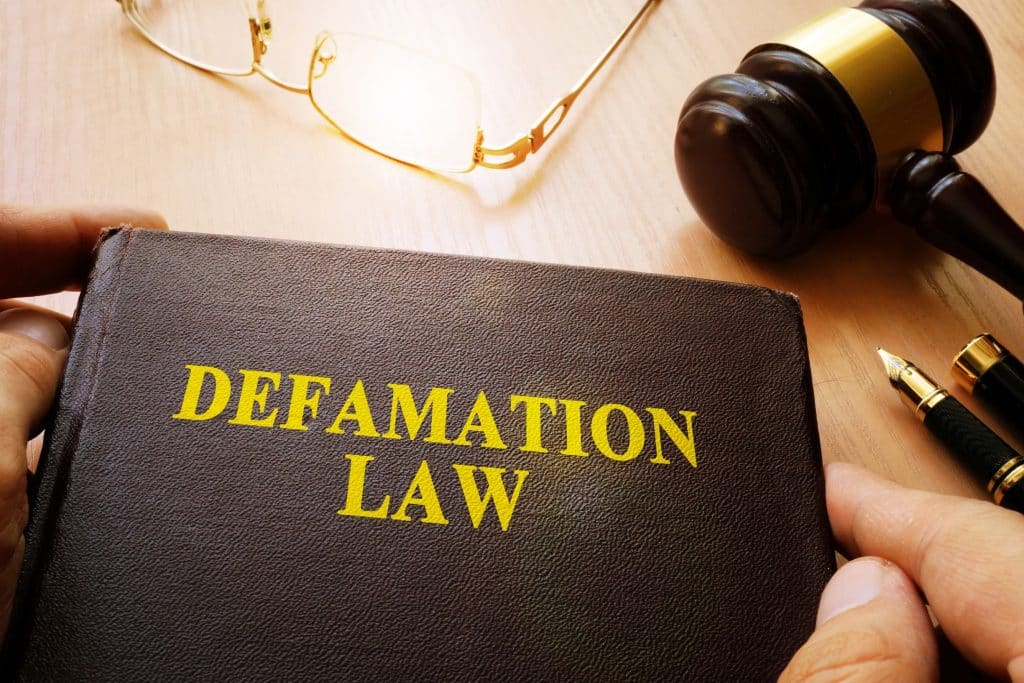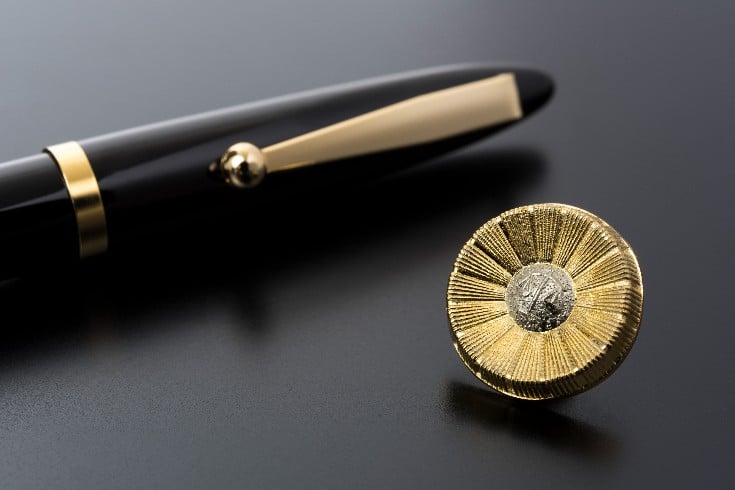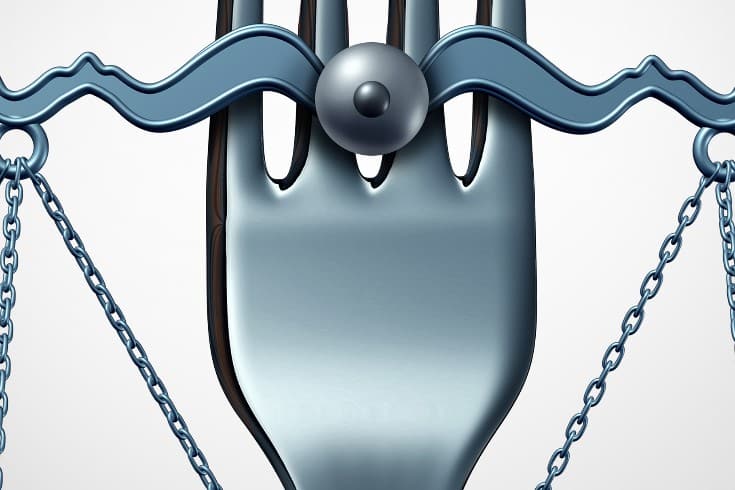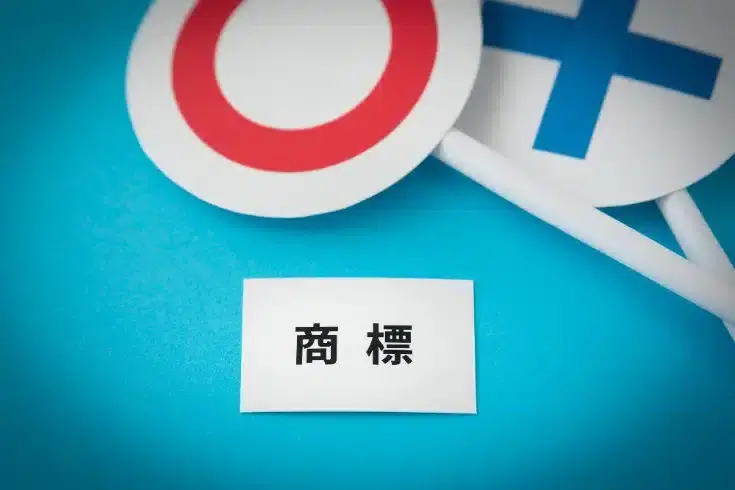Online Slander (Defamation) and Infringement of Honor and Dignity

Regrettably, on anonymous internet forums and personal blogs, there are not a few cases where slander and defamation against others are posted. When are such slander and defamation considered illegal? Also, what kind of cases have actually gone to court, and what kind of judgments have been made there?
Social Reputation and Subjective Honor
It’s only natural to want to do something when you’re insulted and verbally abused online with derogatory terms like “idiot” or “ugly”.
However, no matter how much you are insulted and verbally abused in this way, it does not necessarily lower your social reputation, so it does not constitute defamation. The protected legal interest of the crime of defamation (Japanese Penal Code Article 230) is social reputation (social evaluation) given by society, and defamation is only established when “social evaluation is lowered by the fact indication”.
Many people think that they have no choice but to tolerate and ignore such insults, verbal abuse, and slander, but that is not the case.
Just like in criminal law, defamation in civil law also applies when social reputation is damaged, but it is believed that legal protection in civil law also includes subjective honor, which is the sense of honor.
There may be cases where a tort is established when the sense of honor is significantly damaged. And, the insults and slander that can run rampant if left unchecked on the internet, which may be nothing more than vulgar abuse without any basis, not including a decrease in social evaluation, it is necessary to consider “infringement of the sense of honor” as a countermeasure.
https://monolith.law/reputation/defamation-and-infringement-of-self-esteem[ja]
Defamation and Infringement of Honor

In Japanese case law, infringement of honor is only recognized when it is deemed to be an insult that exceeds the limits acceptable by societal norms. Specifically, the Supreme Court of Japan (April 13, 2010) ruled that “the infringement of the defendant’s personal interests can only be recognized when it is deemed to be an insult that exceeds the limits acceptable by societal norms.” But what exactly constitutes an infringement of honor that exceeds societal norms, and when is it recognized as a tort that warrants the removal of online articles?
There was a case where A and B, who were in litigation, got into an argument in the hallway of the court. A insulted B by calling him a “thief” and a “robber”. In response, B claimed that A had infringed upon his honor or feelings of honor, in other words, committed “defamation”. If it did not constitute defamation, B claimed it as an “infringement of feelings of honor” and sought damages.
The court ruled that the defendant’s use of insulting language to defame the plaintiff constituted an infringement of the plaintiff’s feelings of honor, and that it was illegal as it exceeded the tolerance limit acceptable in societal life.
On the other hand, the court did not recognize defamation because there was no evidence to suggest that the defendant had committed any specific criminal act beyond the abstract expressions of “thief” or “robber”. The court stated that “since there is no evidence to suggest that the defendant had committed any specific criminal act beyond the abstract expressions of ‘thief’ or ‘robber’, it is not possible to say that the defendant’s statements have lowered the plaintiff’s social evaluation” (Tokyo District Court, February 19, 2009).
Defamation is only established when a specific fact is pointed out.
Judgment on Infringement of Honor and Emotion

Let’s look at some court cases to see how certain statements are judged. These are examples of claims for damages due to defamation.
Although it is a lower court case, I think it will be helpful to see how recent cases are judged in court.
The plaintiff had a blog under the name “B”, where she posted articles about beauty, health, dating, love, and marriage. She also posted her own photo on the blog. She worked as a dental hygienist at A Clinic, and the clinic’s website featured photos of several dental hygienists, including the plaintiff.
The defendant identified the plaintiff’s name on Facebook and repeatedly defamed her on a 5channel thread, revealing her real name as “B”. The plaintiff claimed damages for seven of these posts.
The plaintiff requested the content service provider to disclose information and received the disclosure of the IP address. She then asked the transit provider to store the sender’s information, and was informed that the cable TV company had the sender’s information. She then filed a lawsuit against the cable TV company for disclosure of the sender’s information, and it was found that the defendant was the sender of each post in this case.
https://monolith.law/reputation/disclosure-of-the-senders-information[ja]
https://monolith.law/reputation/provider-liability-limitation-law[ja]
The court first acknowledged that the plaintiff had posted her photo and profession on the blog before the first post in this case, and that her real name could be searched on other SNS sites. Therefore, if someone who knows some information about the plaintiff’s attributes sees each post in this case and interprets it with the usual attention and reading of a general reader, even if it identifies an individual using a name that mocks “B” or “B”, these names are recognized as indicating the plaintiff, the author of the blog.
Tokyo District Court, January 15, 2019 (Heisei 31) Judgment
After acknowledging the possibility of identification, the court judged whether each of the defendant’s seven posts constituted an illegal act. It will be helpful to see what kind of insults are considered to “infringe on the honor and emotion” and what kind of insults are “not infringing on the plaintiff’s honor and emotion beyond the socially acceptable limit”.
https://monolith.law/reputation/defamation-privacy-infringement-identifiability[ja]
Post 1: Terms such as “Ridiculous” and “Stupid Woman”
The comment on the blog post stating “I doubted whether it was a joke due to its ridiculousness” was deemed not to infringe upon the plaintiff’s honor and dignity beyond socially acceptable limits, as it merely expressed the defendant’s opinion after reading the blog post in question.
On the other hand, the comment referring to the plaintiff as a “stupid woman” was recognized as infringing upon the plaintiff’s honor and dignity beyond socially acceptable limits. This is because it criticizes the plaintiff’s personality itself, and it is possible to identify the plaintiff as the person being referred to.
Post 2: Terms such as “Ugly”
The court recognized that the post, which described the plaintiff as “ugly,” a term implying unattractiveness, and further suggested a feeling of disgust towards the plaintiff and her boyfriend by calling them “disgusting,” exceeds the socially acceptable limits and infringes upon the plaintiff’s honor and dignity.
Post 3: “Short, Poor, and Ugly”
The post that referred to the plaintiff’s romantic partner as “nothing but a short, poor, and ugly youngster,” and described the plaintiff’s infatuation with such a partner as “pathetic,” is an expression that mocks the plaintiff’s partner, not the plaintiff themselves. It cannot be said that dating such a person generally affects one’s personal evaluation. Although the term “pathetic” is not exactly a moderate expression, when looking at Post 3 as a whole, it does not exceed the realm of personal opinion about the plaintiff’s actions and behavior. It was determined that it does not exceed the socially accepted limit, and it was not recognized as constituting a tort against the plaintiff in regards to the content of Post 3.
Post 4: Use of the term “Ugly”
The defendant used the term “ugly”, synonymous with “unattractive”, four times in their posts. In these posts, they insulted the plaintiff by saying things like “Even your edited photos are ugly, what’s up with that lol”, implying that even photos that are usually made to look better through editing are unattractive. Furthermore, they used the “lol” symbol, which signifies laughter, at the end of their expressions to defame the plaintiff. Given that the plaintiff’s name could be identified on Facebook through a name search due to previous posts, and that the plaintiff’s photo was posted on the blog in question, such statements exceed the socially acceptable limits of defamation and were recognized as infringing on the plaintiff’s honor and dignity.
Post 5: Terms such as “Ugly”
The court ruled that the part of the defendant’s statement referring to the plaintiff as “ugly” can be considered as defamation that exceeds the socially acceptable limit, and infringes upon the plaintiff’s honor and dignity. On the other hand, the part of the statement where the defendant referred to the plaintiff as “miserable” and commented, “It’s really pitiful… They seem to be suffering every day,” was not deemed as defamation that exceeds the socially acceptable limit. The court reasoned that this part of the statement does not specifically defame the plaintiff’s appearance or other aspects, but merely expresses the defendant’s speculation.
Post 6: Terms such as “Promiscuous”
The post pointed out the fact that the plaintiff was “letting short, ugly men into her home just for the sake of it,” and described the plaintiff as “having no future as an ugly woman unless she stops being promiscuous.” Given that the term “promiscuous” is used in the subsequent text, it can be interpreted as implying that the plaintiff engages in sexual relationships solely for the sake of it. Therefore, Post 6, which suggests that the plaintiff is someone who recklessly engages in sexual relationships and is unattractive, was deemed to infringe upon the plaintiff’s honor and dignity beyond socially acceptable limits.
Post 7: Comments on Facial Contours such as “Potato-like”
The plaintiff’s facial contours were described as “potato-like”, and it was pointed out that “even if the facial features are large, they look ugly because the contours are not well-defined”. This comment, which specifically personalityizes the plaintiff’s appearance and labels them as “ugly”, was recognized as constituting a tort against the plaintiff, as it infringes upon the plaintiff’s honor and dignity beyond what is socially acceptable.
Court Decision
The Tokyo District Court ruled that the defendant had repeatedly insulted the plaintiff’s appearance, calling her “ugly” and “unattractive” on the anonymous internet forum 5channel, which is accessible to anyone, over multiple occasions. Furthermore, the defendant defamed the plaintiff by derogatorily referring to her as “promiscuous” after belittling her partner. Considering the frequency of the defendant’s posts and the content of each post, the court determined that an amount of 200,000 yen would be sufficient to compensate for the emotional distress caused by the infringement of the plaintiff’s honor.
The plaintiff had claimed 1,002,602 yen for the disclosure of sender information. However, the court ordered the defendant to pay 859,373 yen, which is 6/7 of the damages (excluding Post 3) that have a significant causal relationship with the defendant’s tort, and 100,000 yen for attorney fees, totaling 1,159,373 yen.
Although compensation for defamation is often unsatisfactorily low, compensation for infringement of honor is usually even lower.
The plaintiff in this case may have been dissatisfied, but they were able to stop the insults and abuse that would have likely worsened if left unchecked. The damage compensation amount of 1,159,373 yen that the defendant had to pay may have been sufficient to prompt the defendant’s reflection.
https://monolith.law/reputation/calculation-method-of-compensation-for-damages[ja]
Summary
As we have reiterated, the examples given here are merely precedents from lower courts. Nevertheless, they provide a reference for understanding what kind of insults can be deemed unacceptable, and how individual cases of slander are judged.
If you are a victim of repeated insults, slander, or defamation, please consult with an experienced attorney to determine whether you can file a lawsuit for defamation, or if not, whether it constitutes an infringement of your honor and dignity.
Category: Internet





















